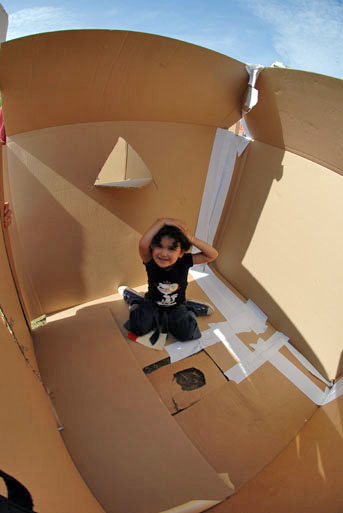Play is an essential part of every child’s life. It is vital for the enjoyment of childhood as well as for social, emotional, intellectual and physical development. When children are asked about what they think is important in their lives, playing and friends are usually at the top of the list.
What’s play?
Play is essential for physical and emotional growth, for mental, intellectual and educational development, and for acquiring social and behavioural skills.
Play is a generic term applied to a wide range of activities and behaviours that are satisfying to the child, creative for the child and freely chosen by the child.
Children’s play may or may not involve equipment or have an end product. Children play on their own and with others. Their play may be boisterous and energetic or quiet and contemplative, light-hearted or very serious.
Children’s right to play
In 1991, the UK government ratified the United Nations convention on the rights of the child. The Playday campaign is committed to achieving the full implementation of this right, to ensure all children in the UK can play.
Article 31 of the convention states that:
Parties recognise the right of the child to rest and leisure, to engage in play and recreational activities appropriate to the age of the child and to participate freely in cultural life and the arts.
Parties shall respect and promote the right of the child to participate fully in cultural and artistic life and shall encourage the provision of appropriate and equal opportunities for cultural, artistic, recreational and leisure activity.


